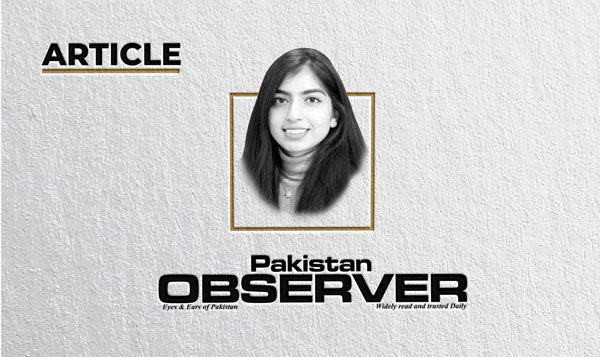Minority rights in India
EVERY year, December 18 is observed as the Minorities Rights Day in India to uphold the right to freedom and equal opportunities for the minorities and create awareness about the respect and dignity of the religious and ethnic minorities.
In India, six religious communities have been notified as religious minorities. These include Muslims, Sikhs, Christians, Buddhists, Zoroastrians or Parsis and Jains.
Muslims are increasingly marginalized group due to the nationalist ideology of Indian leadership despite being the 200-million-strong community.
India celebrates the day by conducting debates and seminars on the topic. The plight and situation of the minorities are thoroughly studied to eliminate discrimination from the country.
The question then is, have they been successful in accessing the ground realities? If they have accessed the extent to which the discrimination exists in the country, where are the policies to counter it?
These questions might be too straightforward for the Indian leadership. They might even pretend to be clueless about the systemic discrimination against Muslim minority in India, but this won’t change the reality.
Bharatiya Janata Party (BJP) has never tried to hide their agenda of creating a Hindutva State.
BJP leaders have issued controversial statement from time to time against Muslims and when they got the power, they materialized discriminatory policies towards Muslims. BJP-led government’s policies reflect the alarmingly growing trend of Islamophobia in India.
Article 15 of the Indian Constitution states that the “prohibition of discrimination against citizens on grounds of religion, race, caste, sex or place of birth”. The discrimination against Indian citizens on religious ground has been evidently visible.
Equal of opportunities regardless of religion has been repeatedly denied. The Muslims have accepted the sad reality that they cannot expect the basic rights from a Hindutva oriented government.
The Modi Administration achieved passage of the discriminatory Citizenship (Amendment) Act (CAA).
Under the act, for the first time in India, religion is a basis for granting citizenship. The law specifically fast-tracks asylum claims of non-Muslim irregular immigrants from Muslim majority countries.
Is this what they call equal opportunity without religious discrimination? Furthermore, National Population Register (NPR) and National Register of Citizens (NRC), aimed at identifying “illegal migrants,” can snatch citizenship of millions of Indian Muslims, including many families who have lived in the country for generations.
According to Article 20, the “People’s freedom of conscience and right to freely profess, practise and propagate religion – subject to public order, morality and other Fundamental Rights”.
The right to freely practice religion has been the biggest joke in the country. No one can deny the fact that Muslims have been deprived of practising their religion rightfully because their basic beliefs clash with those of the majority population.
Hindutva ideology dominates secularism which can never allow the freedom of religion to any other.
BJP leaders have publicly admitted their hatred for Muslims. The government’s Hindu nationalist and anti-Muslim policies have touched off protests not just in India but abroad.
The government crackdown on the protests in India raised further outcries. “I want to assure all Hindu, Sikh, Jain, Buddhist and Christian refugees, that you will not be forced to leave India,” Home Minister Amit Shah.
Article 30 states that the “right of all religious and linguistic minorities to establish and administer educational institutions of their choice”.
The practice of this right has been controversial to state the least. Public has openly criticized as they are not liberal enough to let people lead some institution that they don’t agree with.
Hindus believe that their rights have been seriously damaged by this article. It also states that the “Freedom of minority-managed educational institutions from discrimination in the matter of receiving aid from the State.
” This article is meant to safeguard the basic rights of minorities in a secular state but has been exploited to a great extent.
In 2020, The Office of the United Nations High Commissioner for Human Rights called the citizenship law “fundamentally discriminatory.
” NRC can result in the wide-scale disenfranchisement of Indian Muslims as the risk of statelessness increases in discriminatory policies.
Indian officials will distill those considered “doubtful” citizens based on the NPR. Human Rights Watch has also found the NRC process in Assam lacked standardization, leading to arbitrary and discriminatory decisions by Indian officials.
The rights guaranteed on a piece of paper mean nothing if they cannot be implemented in the country.
Merely claiming to be secular does not safeguard the democratic rights of citizens. Indian leadership has to do in-depth analysis of the gap between law and its implementation.
Modi-government needs to get out of their imaginary bubble of India being a secular democratic state and address the systemic discrimination on ground.
The bright face of India as the “largest democracy” is distorted when the citizens living in their own country are exploited because of their belief.
—The writer has remained associated with the Institute for Strategic Studies and ISPR.










